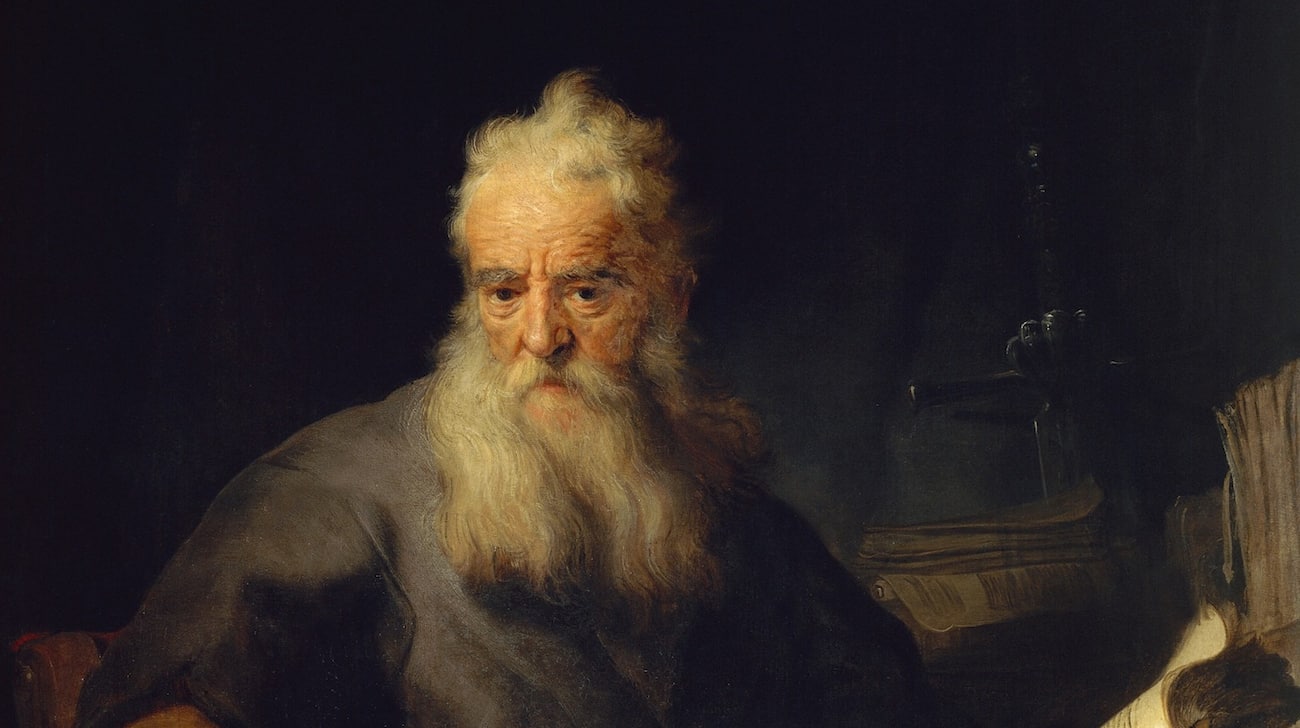
Once upon a time there was a large and beautiful cathedral that stood high on a hill in the middle of a great city; it was a very holy and inspiring place, and there was something special about it: the legend of the bells. The church had a large bell tower containing bells which, it was said, produced the most beautiful ringing to be heard anywhere in the world. That was the legend, but no one knew for sure—for the bell tower was sealed off, and there was no way to ring the bells. Many years ago, one Christmas Eve, someone had placed an offering on the altar, an offering that was such a great sacrifice that—according to the legend—angels had caused the bells to ring. Since that time, however, no one ever again heard the sound of the bells.
In a small village a few miles away, a boy named Pedro promised his younger brother Felipe that he’d take him to midnight Mass that Christmas Eve; it would be the first time either of them had been to the great cathedral. The day before Christmas came; the two boys set out early in the afternoon, well-bundled against the cold, and had reached the gates of the city by nightfall. They were about to enter when Pedro noticed something dark lying on the white snow. He looked closer, and found that it was a poor woman, too sick and tired to make it into the city to find shelter. Pedro tried to rouse her, but she was barely conscious, so he said to Felipe, “Little brother, you’ll have to go to Mass alone; I must stay and help her. I’ll get her to someplace warm and safe, and then I’ll find you once Mass is over.” Felipe didn’t want to leave his brother, but Pedro insisted, saying, “There’s no reason why both of us must miss the service. Besides, I need you to take this little silver coin I’ve been saving and put it on the altar as our offering to Jesus.” Felipe wanted to stay with him, but Pedro—carefully hiding his disappointment about not being able to go himself—made his brother go into the city.
The great cathedral never looked more magnificent than it did that night; it was filled with the mighty and the lowly, the rich and the poor; even the king himself attended, along with his royal court. At the end of Mass, all the people came forward and placed their offerings on the altar, beginning with the poor—but the bells remained silent. Then the wealthy and powerful brought forward much nicer gifts—but there was still no sound of ringing. Finally the king came to the altar, hoping to gain the ringing of the bells by means of his own magnificent gift to the Church —but it was not to be. Mass was over, and the organist and choir were about to lead the closing hymn, when someone cried out, “Listen!” Everyone was silent, and then a glorious ringing could be heard, softly at first, then steadily rising in volume. The bells were chiming with a beauty worthy of heaven. The people looked to the altar in wonder, needing to know what great gift had finally unlocked this magnificent music—but all they saw was Pedro’s little brother Felipe, who had placed one little silver coin on the altar when no one was looking (Raymond McDonald Alden, Chicken Soup for the Christian Soul, p. 24). This fictional story reinforces the simple but important message Jesus gives us in St. Mark’s Gospel (12:38-44). Pedro’s little coin represented his supreme sacrifice of not attending midnight Mass even though he wanted to more than anything else; his Christian compassion toward the freezing woman made his little gift infinitely valuable in God’s eyes. In the same way, we are called to make a holy sacrifice to God and His people—an offering made holy not by its size, but by the spirit of love in which it is given.
In the Gospel, Jesus points out two different types of people: those who make an outward show of doing what’s right, hoping to win praise and admiration, and those who are truly committed to serving God, and who act accordingly. The scribes and Pharisees, and many of the wealthy and powerful people of Jerusalem, belonged to the first group; the poor widow represented the second. It’s very evident which group God wants us to belong to. Like the widow and her son in 1st Kings (17:10-16) with whom Elijah found shelter, the widow in the Gospel trusted in God. Both of them, and Pedro and Felipe, the boys mentioned in the story, could all have come up with convincing excuses not to be generous; all of them could have made reasonable arguments about how, in their dire poverty, they needed to keep the little bit they had for themselves. None of them did—and their willingness to share and to trust made it possible for great things to occur.
All of us have times when it seems we’re scraping the bottom of the barrel—maybe not in terms of money, but in regards to our energy or time or our ability to be helpful or caring or polite; we have experiences when we feel we just don’t have anything more to give right then. Jesus asks us to be generous anyhow, to think about God’s will instead of our own, and to trust that He will turn our little gifts into something great and valuable. Our small but genuine acts of love may be enough to make the bells in someone’s life start ringing in a symphony of grace, perhaps by lending a helping hand to a stranger, or putting down the newspaper when someone in your family wants to talk to you, or going out of your way to be present at an event that’s really important to someone you love, or expressing your appreciation to someone you usually take for granted, or saying yes to a request to volunteer your help in a situation where you’d usually say no, or making an extra effort to be gracious or understanding to a person who’s difficult to get along with, or simply making a sacrificial offering of money to a worthwhile cause—in a way that gives God the glory, not yourself. We’re not called to get our names in the history books, or to become as famous as Mother Teresa, or to make the list of the top 1% of charitable givers—but we are called to make our love for God and neighbor something very real, practical, and ever-present. For right now, the ringing of the bells that accompanies our good deeds may only be heard in heaven—but this heavenly music pleases God and His angels and saints immensely, and if we persevere in faith, we shall one day hear it for ourselves.








